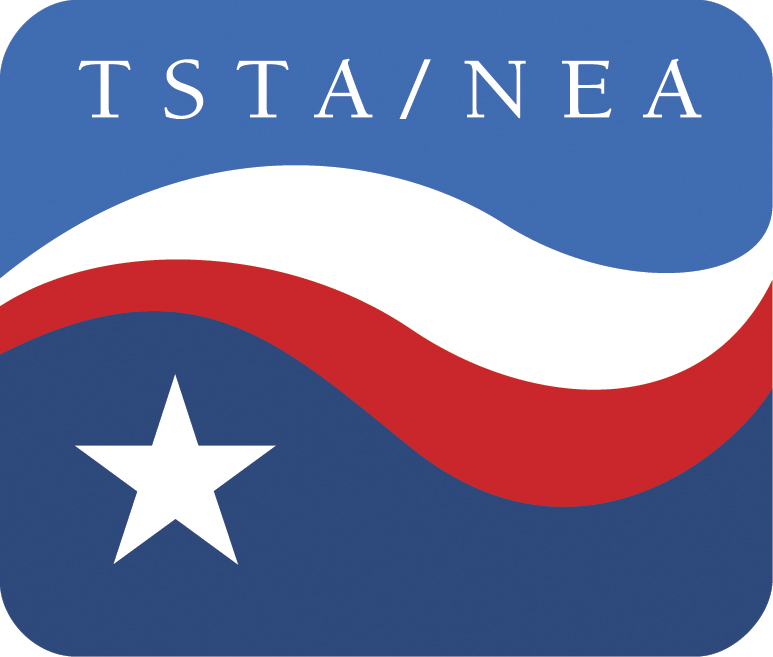Teachers are good for business, but some businesses don’t get it
Teachers are good for business. We all know that, right? All of us, apparently, except members of the National Federation of Independent Business (NFIB) or, at least, its Texas leadership in Austin.
NFIB, the group of small business owners, is one of the main drivers behind the anti-teacher, anti-public employee piece of legislation known as the dues deduction bill (SB13 in the Senate and HB510 in the House).
Yes, teachers are good for business. They and their families shop in the small businesses in their home communities, and they educate the future employees who will help many of these businesses continue to prosper.
Yet, the small business owners who belong to NFIB are literally biting the hands of the educators who help keep them in business by promoting legislation that is vindictive against educators and other public employees caught in the NFIB’s blind vendetta against organized labor in a right-to-work state.
The legislation wouldn’t affect businesses’ relationships with private labor unions at all, but it would harm educators’ First Amendment rights to have their voices heard without fear of reprisal when education policy is debated in the legislative arena. Many of these educators don’t even belong to unions. They belong to other educator groups.
NFIB and its allies are trying to do this through the legislation, mentioned above, which would prohibit educators and most other public employees from having their membership dues in professional organizations automatically deducted from their paychecks. The only public employees excluded from the bill are police, firefighters and other first responders. Their unions and associations, however, have joined TSTA and other employee organizations in opposing the bill because they know it is unfair and they could be added to it.
School districts, cities and counties have been routinely deducting membership dues — just as they do voluntary donations for charity and a number of other causes — from employee paychecks for years. The practice doesn’t cost taxpayers any money, it is safe and convenient for employees and the deductions are completely voluntary. Remember, no one has to belong to a union or any other employee association in Texas.
The bill, which also is backed by Gov. Greg Abbott, Lt. Gov. Dan Patrick and other Republican leaders, was heard Monday by the Senate State Affairs Committee, which is expected to vote on it later this week.
Despite bill supporters’ claims to the contrary, Sen. Joan Huffman of Houston, the bill sponsor, admitted in the hearing that the dues deduction practice doesn’t cost any governmental entity money. When asked why police, firefighters and other first-responders would still be allowed to practice dues deduction, she replied, “They don’t get involved in business issues.”
In other words, Huffman, a Republican, likes the generally conservative politics of many police and firefighters better than what she perceives the politics of teacher groups to be. She is trying to pick winners and losers under the Constitution.
Teachers run the gamut politically. Many are Democrats, and many others are Republicans and independents who are equally upset over Huffman and NFIB’s legislation. At least two Republican educators told Huffman how upset they were during Monday’s hearing.
Moreover, the only “business issues” in which educators get involved are issues — such as school funding and teaching practices – that are crucial to the future success of Texas. They also are critical to the continued success of all those NFIB members who now are attacking educators and other public employees, who also happen to be their customers.
What kind of business sense is that?
